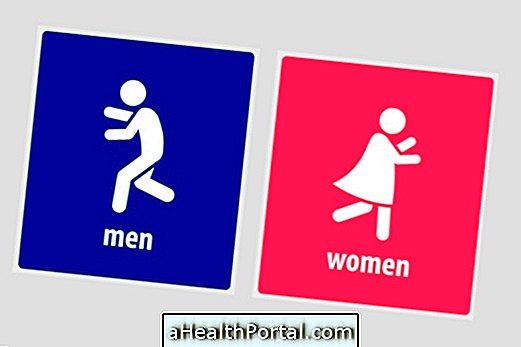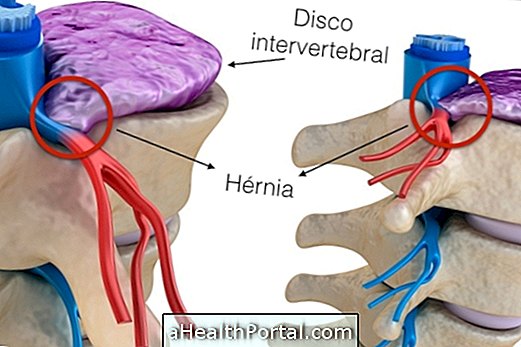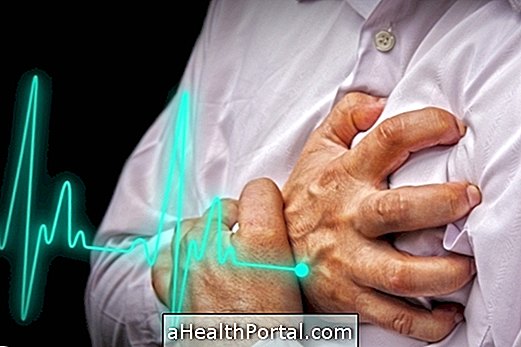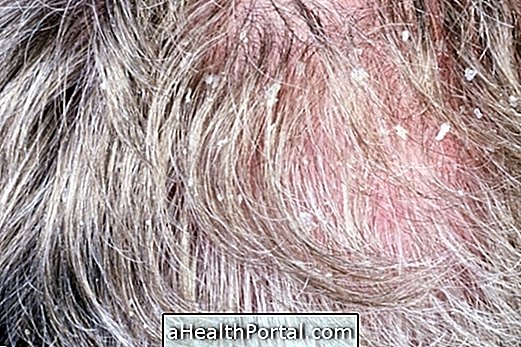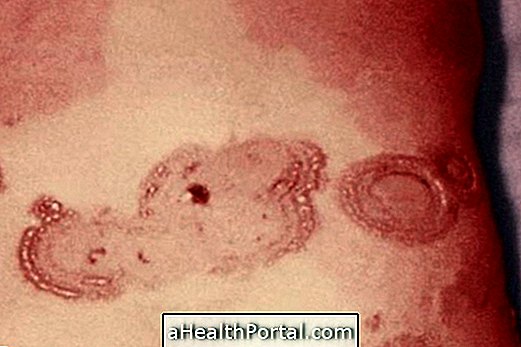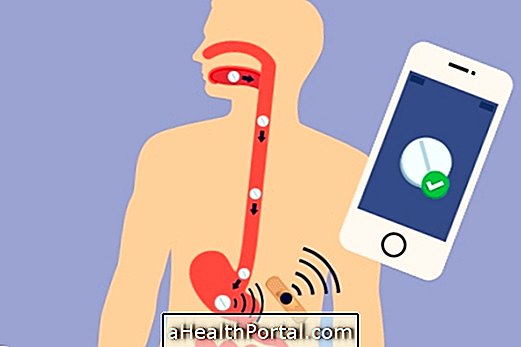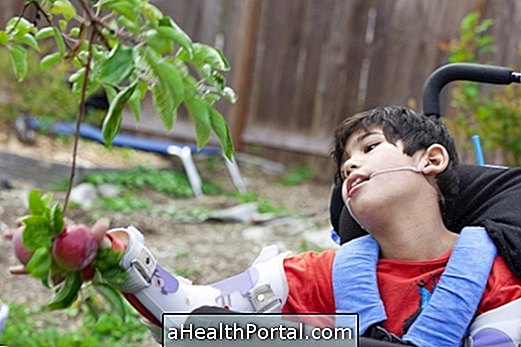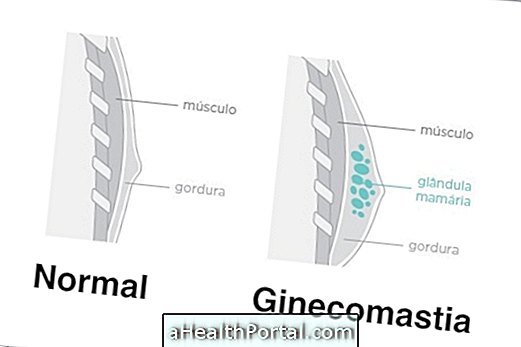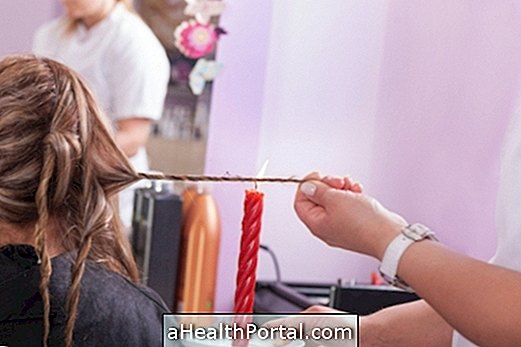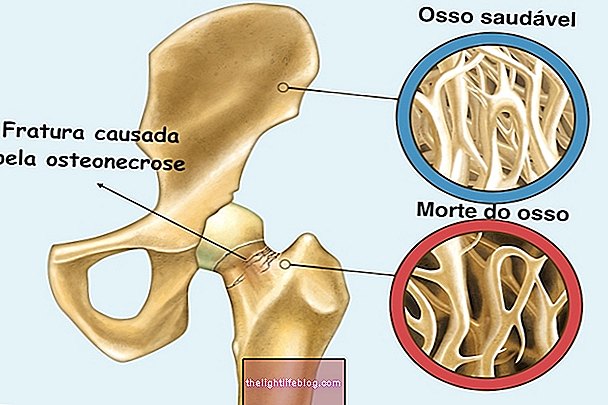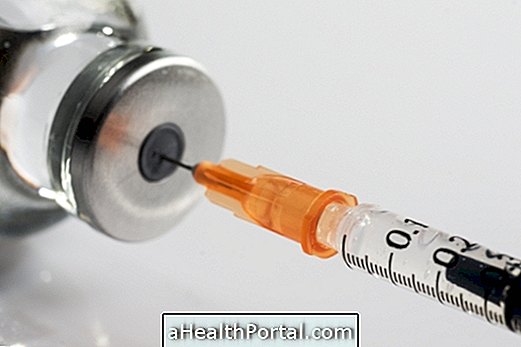The main symptoms of Cryptococcosis are:
- Chest pain;
- Stiff neck;
- Night sweats;
- Mental confusion;
- Vision changes;
- Ocular, pulmonary, bone and prostate involvement.
- Nasal discharge:
- Dyspnea;
- Sneezing;
- Headache;
- Nausea;
- Vomiting;
- Light sensitivity;
- Fever;
- Weakness;
- Skin lesions (nodules, edema, cellulitis, rashes and wounds);
- Loss of motor coordination;
- Loss of speech.
The symptoms manifested depend on the affected organs, which can be limited to the respiratory system or extend to other organs, such as prostate, bones and the brain (meningitis).
The most effective treatment to ameliorate the symptoms of Cryptococcosis, should be done through administration of Amphotericin B and Fluconazole, treatment should be started as soon as possible to reduce the patient's life risk.
Cryptococcosis is an infectious disease caused by a fungus called Cryptococcus neoformans. This fungus is found in fruits, cereals, trees and bird feces such as pigeons, considered the main agents transmitting the disease.
How to prevent Cryptococcosis
The prevention of Cryptococcosis is limited to avoiding direct contact with the transmitting sources of the disease, especially the pigeons.
The main measures to prevent Cryptococcosis are:
- Avoid feeding pigeons;
- Decrease the amount of water, food or shelter for pigeons;
- Sites that accumulate bird feces should be cleaned with water and chlorine;
- If it is necessary to contact the birds, wear protective gloves and masks;
- Tilt surfaces to avoid pigeons landing;
- Use accessories such as nylon or strings, which make it difficult for pigeons to access flat surfaces such as the roofs of houses;
- Use of electrified fences.
Cryptococcosis is an infectious disease that reaches the respiratory and nervous system and can lead to death. Its main symptoms are: Headache, night sweats, vomiting and lack of motor coordination.

